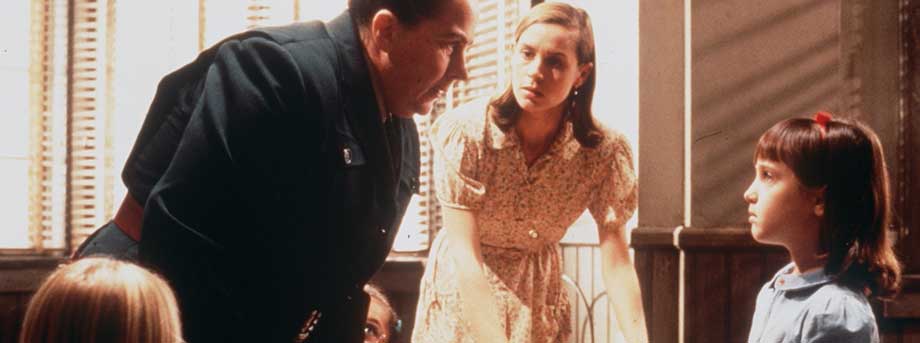Sadistic, remote or God-like?
September 29th, 2010

Head teachers are sadistic and evil. They are child-hating, remote and occasionally ineffectual. Only rarely are any positive qualities to be found in them, although in these few instances they can be wise, moral and even god-like.
Before the National Association of Head Teachers becomes too irate, it should be pointed out that the above descriptions relate to fictional school leaders, as depicted in a host of modern children’s books, analysed by a University researcher.
The characteristics of some 19 head teachers — in works by JK Rowling, Roald Dahl and 17 other authors published in the last 35 years — have been dissected by Professor of Education Pat Thomson.
And while the stylised and highly coloured depictions of these heads may seem fanciful to some, Prof Thomson argues that there is more than a grain of truth to the novels’ presentation of the head teacher as the embodiment of power, which can be used for good or ill.
Heads are frequently portrayed negatively in literature for the young, found the research, which cites examples including an evil and messianic vampire-like figure known only as ‘headmaster’ in Gillian Cross’s The Demon Headmaster, and the sadistic, child-hating Miss Trunchbull of Roald Dahl’s Matilda.
Of the 19 texts featuring a head teacher as a major character, nine are described as either evil, sadistic, messianic, authoritarian, child-hating or some gruesome combination of these adjectives.
A further six are remote figures of power. Three are described in more neutral terms. But only one — the most well-known, Prof Dumbledore of Harry Potter — emerges to be categorised as having positive characteristics. He is, says Prof Thomson: “Wise, God-like, remote and moral.”
‘Power’ is often regarded by real head teachers as a dirty word not to be discussed, argues Prof Thomson, while serious texts on school management often avoid characterising the central task of the head as the exercise of power. Children’s books, then, could be used as part of school leadership courses to address this deficit, she says.
Prof Thomson concludes: “Children’s stories come clean about head teachers’ work in ways that mainstream educational leadership texts often do not.”
Tags: children's books, headteachers, JK Rowling, literature, Roald Dahl, school leadership, School of Education
Leave a Reply
Other News

University finances: progress made and next steps
As we continue to navigate through the complexities of the current financial landscape, University Executive Board […]

Update regarding UniCore go-live date
The go-live date for the university’s new HR, Finance and Procurement system (UniCore) is expected to […]

